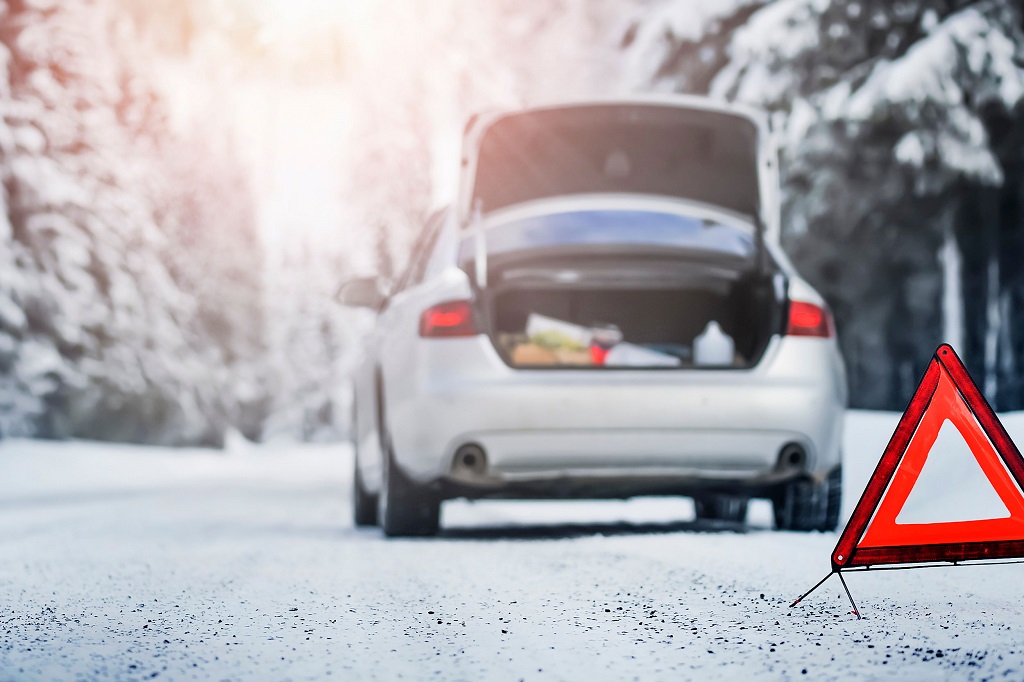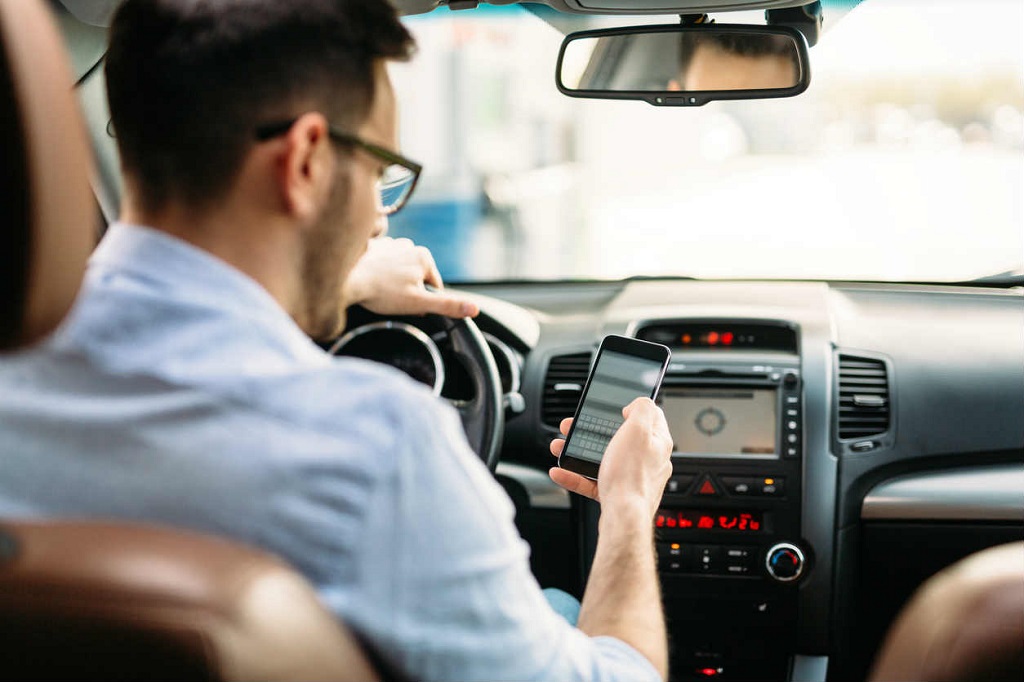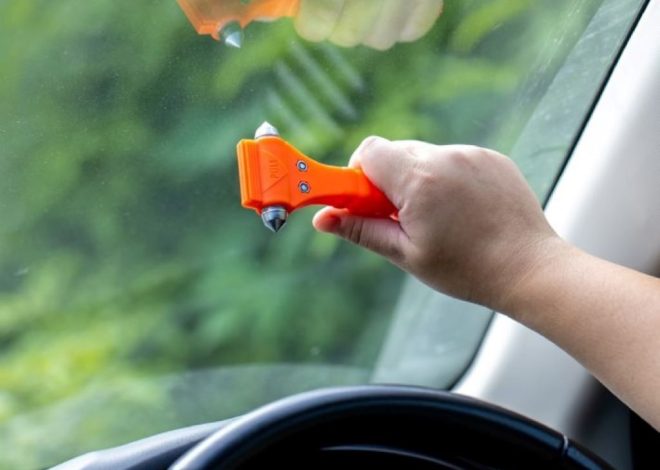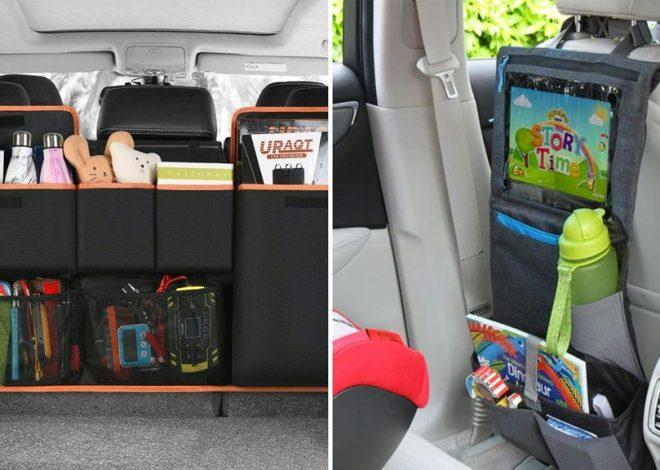
The Driver’s Guide to Staying Safe: Top Vehicle Safety Tips Unveiled
When it comes to hitting the road, safety should always be your top priority. Whether you’re a seasoned driver or a newbie behind the wheel, knowing how to stay safe on the road is crucial. In this comprehensive guide, we’ll unveil the top vehicle safety tips to help you navigate the roads with confidence and peace of mind.
The Importance of Safe Driving
Defensive Driving: Your Key to Safety
When you get behind the wheel, you become responsible not only for your life but for the lives of others on the road. Defensive driving is the art of being prepared for the unexpected. It means staying alert, following traffic rules, and anticipating the actions of other drivers. Here are some defensive driving tips:
- Always keep a safe following distance to allow for sudden stops.
- Use your turn signals to communicate your intentions to other drivers.
- Avoid aggressive driving behaviors like tailgating or road rage.
- Stay off your phone while driving; inattentive driving is a leading cause of accidents.
The Dangers of Reckless Driving
Conversely, reckless driving can have catastrophic consequences. Speeding, ignoring traffic signals, and weaving in and out of traffic can lead to accidents, injuries, and even fatalities. Remember, it’s not just about getting to your destination quickly; it’s about getting there safely.
Preparing for Your Journey
Winter Driving: Navigating Icy Roads
Winter driving can be particularly challenging due to snow and icy road conditions. To stay safe, consider these tips:
- Equip your vehicle with winter tires for improved traction.
- Drive at a reduced speed and increase your following distance.
- Keep an emergency kit in your car with essentials like blankets, flashlights, and non-perishable food.
The Significance of Proper Vehicle Maintenance
Regular vehicle maintenance is essential to prevent breakdowns on the road. Schedule routine check-ups for your car, including oil changes, brake inspections, and tire rotations. A well-maintained vehicle is less likely to fail you when you need it the most.
Building Your Emergency Kit
In addition to winter driving, emergencies can happen at any time. Your emergency kit should include items like a first-aid kit, jumper cables, a spare tire, and tools for minor repairs. Being prepared can make a huge difference in a crisis.
Following Road Safety Laws
Understanding Traffic Regulations
Familiarize yourself with traffic laws and regulations in your area. This includes speed limits, right-of-way rules, and parking restrictions. Ignorance of the law is not an excuse, and violating these rules can lead to fines or worse.
The Essentials of Car Insurance
Car insurance is not just a legal requirement; it’s a safety net. Ensure you have adequate coverage that protects you in the event of an accident. Different policies offer various levels of protection, so choose one that suits your needs.
Avoiding Distractions
The Perils of Distracted Driving
One of the most significant dangers on the road today is distracted driving, often caused by smartphone use. Keep your phone out of reach while driving, and if you need to make a call or send a message, pull over safely. Your attention to the road should never waver.
Staying within the Alcohol Limit
Driving under the influence (DUI) is a serious offense that endangers your life and the lives of others. Always adhere to the legal blood alcohol concentration (BAC) limit in your area. If you plan to drink, designate a sober driver or use public transportation.
Ensuring Road Visibility
Coping with Weather-Related Visibility Challenges
Adverse weather conditions can severely impact road visibility. When driving in fog, rain, or snow, reduce your speed and use headlights and windshield wipers as necessary. Be cautious, and always prioritize safety over speed.
In conclusion, safe driving is a collective responsibility that begins with you. By following these vehicle safety tips and embracing defensive driving practices, you can contribute to safer roads for everyone.
FAQs
- What should I do if I encounter a reckless driver on the road?
- If you encounter a reckless driver, maintain a safe distance, avoid engaging with them, and report their behavior to the authorities.
- Is it essential to have winter tires, even if I don’t live in an area with heavy snowfall?
- Winter tires provide improved traction in cold conditions, making them beneficial even in areas with occasional snow or ice.
- What’s the penalty for driving under the influence (DUI)?
- DUI penalties vary by jurisdiction but commonly include fines, license suspension, and possible imprisonment.
- Do I need to follow traffic regulations even if there are no police officers around?
- Yes, you should always follow traffic regulations, as they are in place to ensure safety, whether or not law enforcement is present.
- Why is it important to have car insurance?
- Car insurance provides financial protection in case of accidents, helping cover medical bills, vehicle repairs, and liability claims.
Remember, being a responsible driver is not just about following the law; it’s about protecting yourself and others on the road. Stay safe, stay responsible, and enjoy your journeys with confidence.





